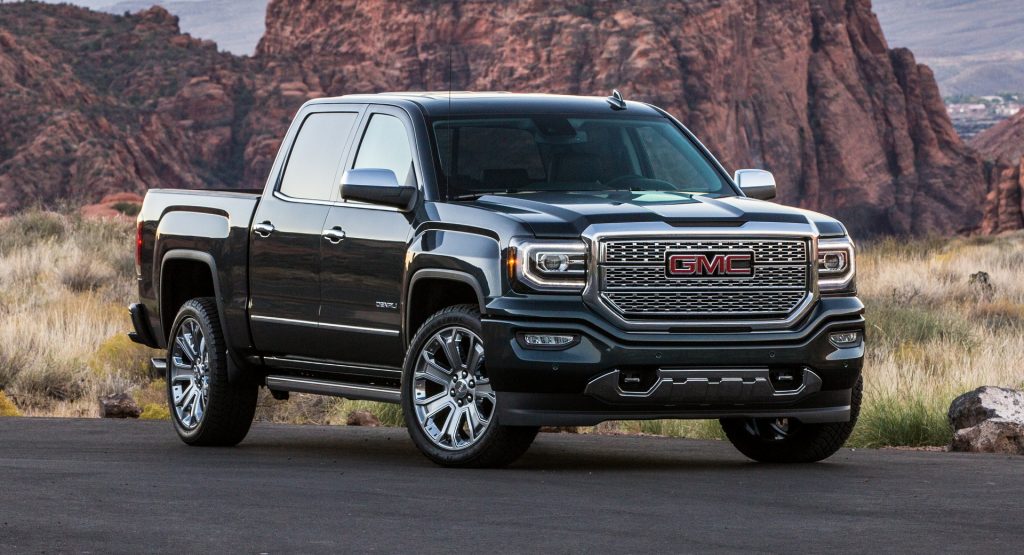General Motors is facing a class-action lawsuit because of the paint on Chevrolet and GMC’s line of full-size trucks and SUVs from the model years 2015 through 2019. The complainants claim that the clear coat and paint were defective from the factory.
The suit involves the 2015-2019 Chevrolet Tahoe, Suburban, and Silverado as well as the GMC Yukon, Yukon XL, and Sierra from the same model years, reports carcomplaints.com. The clear coat on those vehicles allegedly delaminates, bubbles, flakes, erodes, and blisters leading to demands for a recall.
“GM should properly repair all of the Class Vehicles, immediately, offer rescission to the Class by repurchasing their Class Vehicles for their full cost, reimburse the lessees of the Class Vehicles the monies they have paid toward their leases, recall all defective vehicles that are equipped with the defective paint, and cease and desist from marketing, advertising, selling, and leasing the Class Vehicles,” the complainants write in the lawsuit.
Read Also: BMW Facing Lawsuit Claiming Cupholders Can Leak And Trigger Airbags
The class action involves customers from Florida and Tennessee who report paint issues. Owners claim that the clearcoat was chemically unable to bond to the paint and that GM should have known that and stopped selling the vehicles.
“The coups de grace, which was the final straw is when the top coat on the hood and top of Tahoe started to fade/grey and crack on the black undercoat,” the owner of a 2015 Chevrolet Tahoe who was referenced in the lawsuit wrote on carcomplaints.com. “To fix the top coat, the dealership wanted $2300.00; of which they were going to pick up 10% of after my pushing for warranty. The Tahoe is 3 years old. The paint should last well into a decade, and I kept the car washed weekly and detailed every 6 months.”
The complainants allege that even if their vehicles are repainted for free, as would likely happen in a recall, the value of their vehicles will still be affected by the peeling paint. That’s because, they allege, it will have been applied by a human, rather than a factory robot, and therefore could not be perfectly even.
The suit is being filed in the U.S. District Court for the Middle District of Florida.






